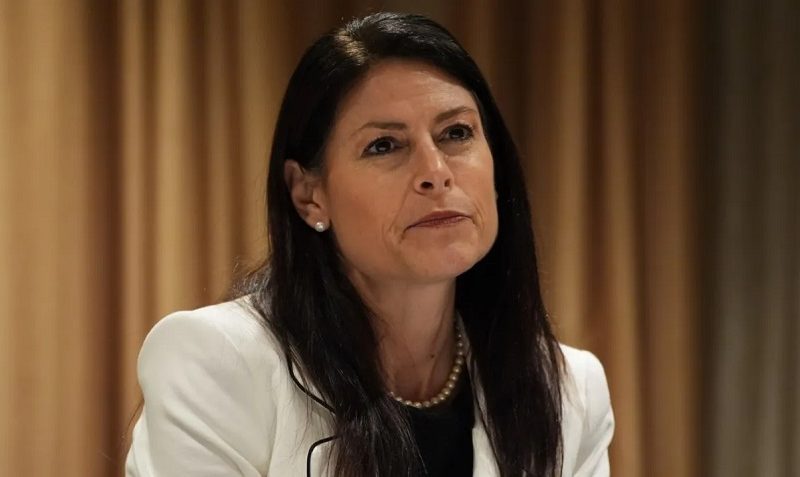Lansing, Mich. — Michigan Attorney General Dana Nessel has announced that the state is now one of 41 states and territories calling on the Department of Health and Human Services (DHHS) to ensure improved cooperation between the National Human Trafficking Hotline and local law enforcement agencies. The call for action comes after concerns were raised regarding the hotline’s current operator, Polaris, and the delay in passing on critical tips about adult human trafficking victims to local law enforcement.
In a letter sent to DHHS Secretary Robert F. Kennedy Jr., the coalition of attorneys general expressed dissatisfaction with Polaris’s handling of information received by the hotline. While the hotline has been in operation since 2007, the letter highlights that tips concerning adult victims have not always been forwarded to state law enforcement in a timely manner. Furthermore, when these tips were passed along, states reported delays of up to several months, which undermines law enforcement’s ability to act swiftly to dismantle trafficking operations.
“Without those tips, our law enforcement loses critical leads to dismantling trafficking operations,” the letter reads. “We also lose valuable leads to rescuing the victims of trafficking and helping them begin the road to recovery.”
The DHHS is currently in the process of soliciting applications for a new operator for the National Human Trafficking Hotline. As part of the application process, the department has asked applicants to outline their plans for collaborating with local and state law enforcement. The attorneys general urge the DHHS to select an operator with a demonstrated commitment to working directly with law enforcement agencies to ensure that tips and information are promptly shared.
“Human trafficking is an insidious crime, and the National Human Trafficking Hotline plays a critical role in combating it,” said Attorney General Nessel. “When victims and witnesses report to the hotline instead of local law enforcement, there’s a risk that these tips won’t reach the authorities in time to take action. This can result in missed opportunities for investigation, rescue, and justice for victims.”
The letter from the attorneys general emphasizes the various forms human trafficking can take, including forced labor and sexual exploitation. Victims may often not recognize that they are being trafficked or may not know how to seek help. The letter further outlines several warning signs that can help identify victims, such as signs of physical abuse, control over personal documents, and behaviors indicating fear or isolation.
In Michigan, those who suspect human trafficking or need assistance can call 855-MICH-TIP. For the National Human Trafficking Hotline, individuals can reach out at 888-373-7888 or text 233733. Both resources are confidential and available to those in need of help or guidance.
This concerted push by state attorneys general reflects a growing recognition of the importance of interagency cooperation in tackling human trafficking, a crime that continues to affect countless individuals across the nation. As the search for a new operator for the hotline continues, many are hopeful that the next provider will prioritize effective coordination with law enforcement to help protect vulnerable individuals and bring traffickers to justice.












